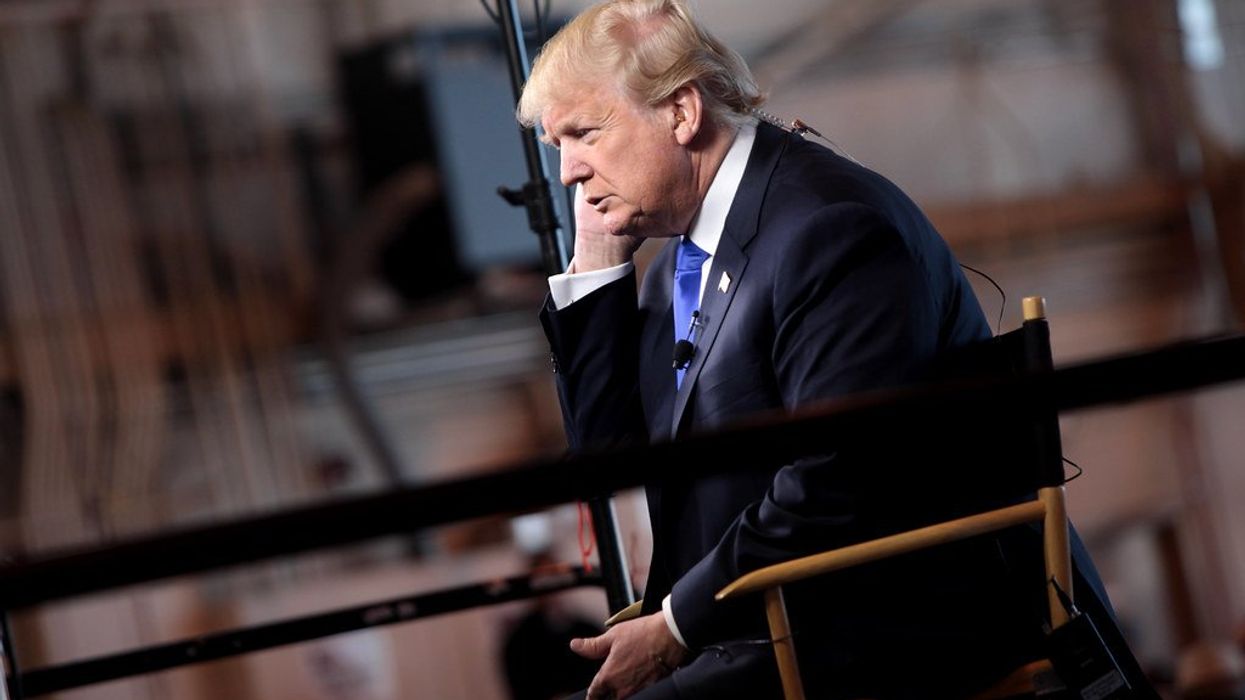The Solicitor General of the United States (SGUS) — the fourth-highest ranking post within the Department of Justice — is typically the federal government's lead counsel before the Supreme Court of the United States (SCOTUS). However, the Biden administration's SGUS has not yet taken a public position on one of the most consequential SCOTUS cases of its current term, which has some legal experts scratching their heads.
SCOTUS is currently set to hear oral arguments in the Colorado Supreme Court's Anderson v. Griswold ruling that disqualified former President Donald Trump from the Centennial State's Republican primary ballot later this week. Now, according to Bloomberg Law, some in the legal world say that while they understand that President Joe Biden's concerns about an independent DOJ weighing in on political matters may be a sensitive issue, the decision to not take a position is questionable.
"Staying out of it runs the risk that people will say you’re ducking a very important constitutional question and, of all things, the government of the United States ought to have a view about the interpretation of this important provision of one of the constitutional amendments," Gibson Dunn partner Theodore Olsen — who was SGUS under former President George W. Bush — told Bloomberg.
READ MORE: Legal expert: SCOTUS should disqualify Trump given 'judicial conservativism' behind CO ruling
Experts contrasted Biden SGUS Elizabeth Prelogar's silence on Trump's ballot eligibility with other cases that had political implications where she took a public position. In the Moore v. Harper case, in which Republican lawmakers unsuccessfully argued that state legislatures — rather than state courts — are the final arbiters of decisions governing elections in their states (also known as the Independent State Legislature theory), Prolegar's office filed a brief in opposition to the GOP position and won.
Notre Dame law professor Derek Muller told Bloomberg that it would be correct to note "there’s been some inconsistencies in when the solicitor general has stepped in."
"[W]e don’t have great explanations about the context in which they have or haven’t," he said.
SCOTUS' decision on whether Trump could theoretically be handed down at any point after February 8 oral arguments. Even though the Court has a 6-3 conservative majority, some experts have pointed out that several justices — including Trump appointees Amy Coney Barrett, Neil Gorsuch and Brett Kavanaugh — have publicly endorsed the conservative legal doctrines of "textualism" and "originalism." Those doctrines require a more literal interpretation of the US Constitution, meaning the definition of an "insurrection or rebellion" as described in Section 3 of the 14th Amendment could very well be cited by those justices to uphold Trump's disqualification.
READ MORE: Legal expert explains how Trump's SCOTUS justices benefit by disqualifying him from ballot


